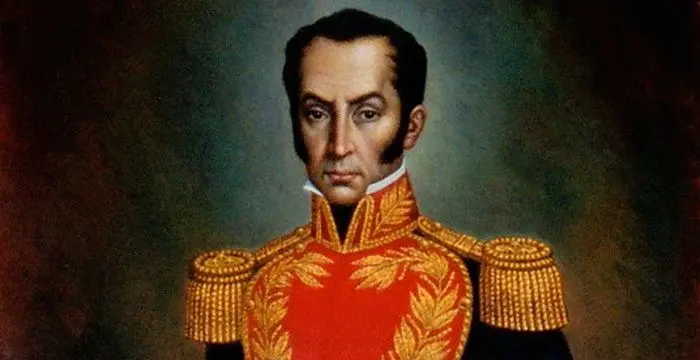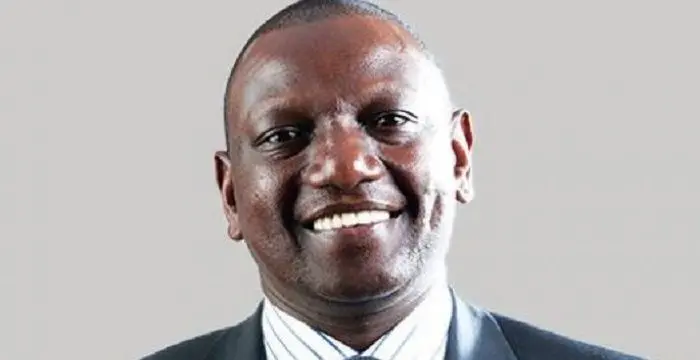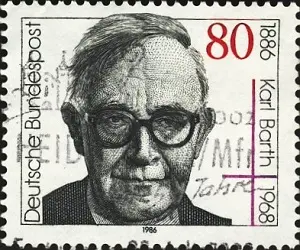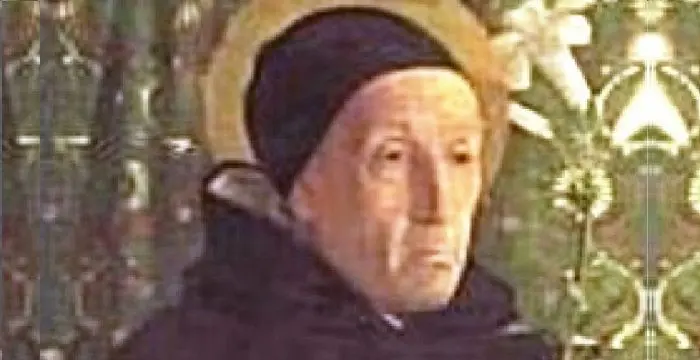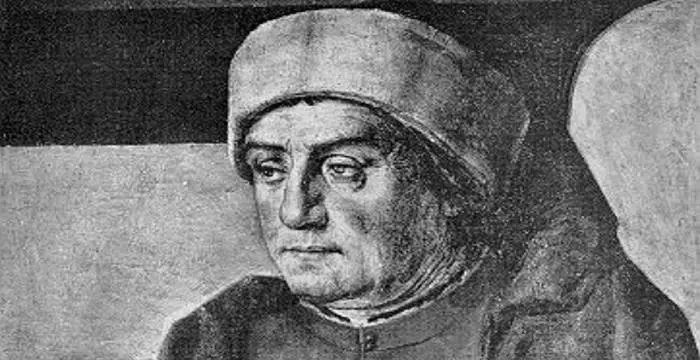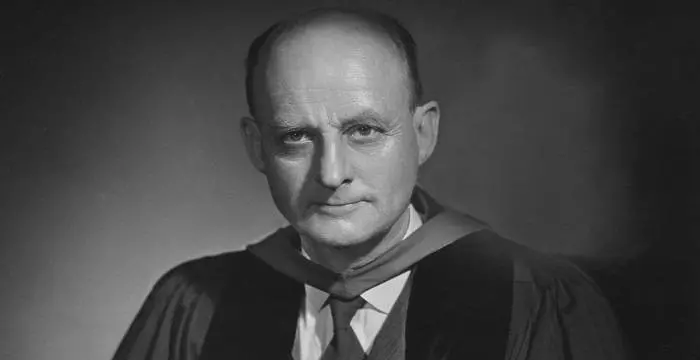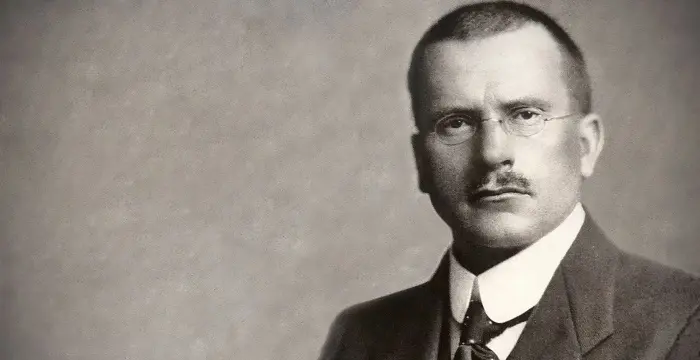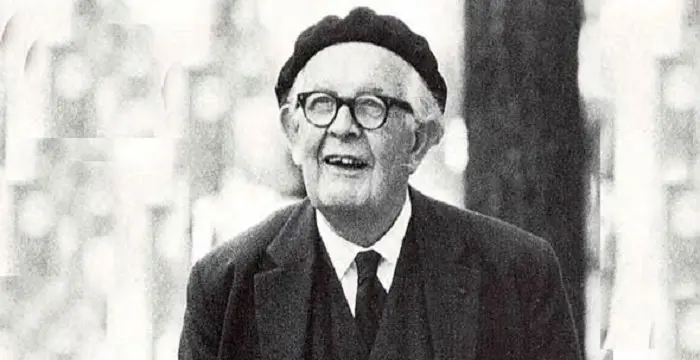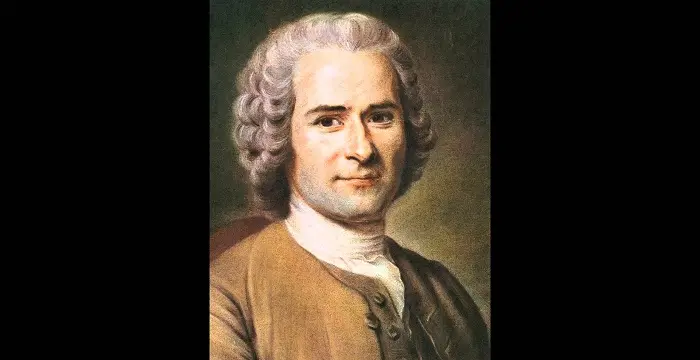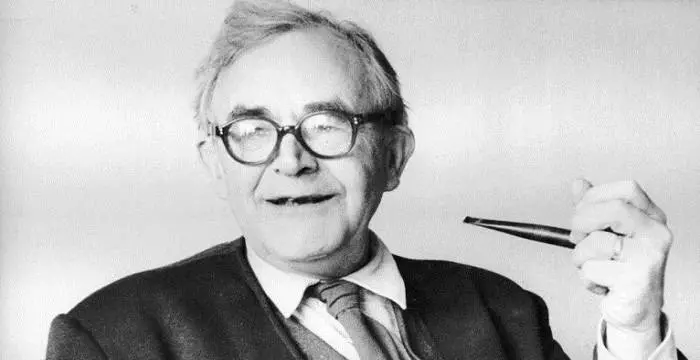
Karl Barth - Theologians, Life Achievements and Family
Karl Barth's Personal Details
Karl Barth was an important Swiss theologian
| Information | Detail |
|---|---|
| Birthday | May 10, 1886 |
| Died on | December 10, 1968 |
| Nationality | Swiss |
| Famous | Republicans, Intellectuals & Academics, Theologians |
| Ideologies | Republicans |
| Spouses | Nelly Hoffmann |
| Childrens | Bonn, Göttingen, Markus Barth, Münster |
| Birth Place | Basel, Switzerland |
| Religion | Protestant |
| Gender | Male |
| Father | Johann Friedrich |
| Mother | Anna Katharina (Sartorius) Barth |
| Sun Sign | Taurus |
| Born in | Basel, Switzerland |
| Famous as | Theologian |
| Died at Age | 82 |
// Famous Republicans
Simon Bolivar
Simón Bolívar was a Venezuelan military leader who was instrumental in independence of several Latin American countries from the Spanish rule. This biography profiles his childhood, life, achievements and timeline.
Nizar Qabbani
Nizar Qabbani was a poet, and is one among the most honoured men in the Arab Literary world. This biography provides detailed information about his childhood, career, profile and timeline.
William Ruto
William Ruto is a politician who hails from Kenya and is the first Deputy President of the Republic of Kenya. This biography provides detailed information about his childhood, Profile, career and timeline
Karl Barth's photo
Who is Karl Barth?
Karl Barth, a Swiss Reformed theologian, is often regarded as the greatest Protestant theologian of the twentieth century. Beginning with his experience as a pastor, he rejected the predominant liberal theology typical of 19th-century European Protestantism. He became a leader in the Confessing Church in Germany, which actively opposed Adolf Hitler and the Nazi regime. In particular, he and other members of the movement vigorously attempted to prevent the Nazis from taking over the existing church and establishing a state church controlled by the regime. He authored the Barmen Declaration, which fiercely criticized Christians who supported the Nazis. An extremely voluminous writer, his most famous works are: ‘The Epistle to the Romans’, which marked a clear break from his earlier thinking; and his massive thirteen-volume work ‘Church Dogmatics’, one of the largest works of systematic theology ever written. His major contribution was a radical change in the direction of theology from a 19th-century orientation toward progress to an orthodoxy that had to cope with the grim realities of the 20th century especially in the post WW II period. Theologians such as Dietrich Bonhoeffer — who like Barth became a leader in the Confessing Church —Thomas Torrance, Reinhold Niebuhr, Stanley Hauerwas, Jürgen Moltmann, and novelists such as John Updike and Miklós Szentkuthy were greatly influenced by him.
// Famous Intellectuals & Academics
Bertil Gotthard Ohlin
Bertil Gotthard Ohlin was a famous Swedish economist. This biography profiles his childhood, family life & achievements.
Emily Greene Balch
Emily Greene Balch was an American economist, sociologist and pacifist who won the 1946 Nobel Peace Prize. This biography of Emily Greene Balch provides detailed information about her childhood, life, achievements, works & timeline.
Martin Buber
One of the greatest philosophers to have ever walked on earth, Martin Buber contributions to philosophy is a long-standing one. Explore all about his profile, childhood, life and timeline here.
Childhood & Early Life
Karl Barth was born on May 10, 1886, in Basel, Switzerland, to Johann Friedrich "Fritz" Barth, a theology professor and pastor who would greatly influence his son's life, and Anna Katharina (Sartorius) Barth.
From 1904 to 1909, Barth studied theology in Bern, Berlin, Tübingen, and Marburg. He studied under Adolf von Harnack and Wilhelm Herrmann and was attracted to the works of Friedrich Schleiermacher.
Career
From 1911 to 1921, Barth was a parish minister. Soon after the start of WWI, Barth was shocked when many of his teachers signed their allegiance to the war plans of the German government.
Liberal theology failed to stand up against culture and many of his teachers had forsaken the gospel. Disillusioned, he sought a completely new theological foundation by rereading and interpreting the scripture.
Post WW I, he came to be associated with a movement known as Dialectical Theology in Protestantism which strongly emphasized the revelation of God by God as the source of Christian doctrine.
His research on Paul’s Letter to the Romans yielded, ‘The Epistle to the Romans’, in 1922. In this book he argued that the God rejects any attempt to ally God with human cultures, achievements, or possessions.
The Barmen declaration became the founding document of the Confessing Church. He was elected a member of its leadership council, the Bruderrat and opposed government-sponsored efforts to Nazify the German Protestant church.
He was dismissed from his professorship at the University of Bonn, in 1935, for refusing to swear an oath to Hitler. He assumed a chair in systematic theology at the University of Basel, Switzerland.
In his book, ‘The Holy Spirit and the Christian Life’, published in 1938, he insists that God is revealed to us in three distinct ways, yet with a unity that cannot be divided.
After WWII, he joined efforts for German penitence and reconciliation with churches abroad. Together with Hans-Joachim Iwand, he authored the Darmstadt Statement in 1947, a statement of German guilt and responsibility for the War.
The Darmstadt Statement declared that the Church's willingness to side with anti-socialist and conservative forces had led to Nazism. In the Cold War scenario, this statement was rejected by Western anti-Communists, who supported re-militarization.
Invited back to Bonn, he delivered the series of lectures published in 1947 as D’ogmatics in Outline’ which followed, more or less, the presentation of the Christian faith found in the Apostle’s Creed.
Karl Barth's ‘Deliverance to the Captives’, is a collection of sermons published in 1961, most of which were preached at a prison in Basel, Switzerland, to communicate the gospel message as revealed by Christ.
In 1962, he visited the USA and lectured at Princeton Theological Seminary and the University of Chicago.
Major Works
His book, ‘The Epistle to the Romans’, published in 1922, stressed the “the importance of revelation and salvation as acts of God, not humanity. Like the existentialist philosophy’ it emphasized the distinction between God and humanity.
‘Church Dogmatics’, Barth’ thirteen-volume magnum opus was published in stages from 1932 to 1967. He presented the Christian doctrine as entirely Christo-centric and Jesus Christ as the unique and complete Word of God..
Personal Life & Legacy
In 1913, Karl Barth married Nelly Hoffmann, a talented violinist. They had a daughter and four sons, one of whom was the New Testament scholar Markus Barth.
Charlotte von Kirschbaum, his pupil, was invited by Barth to move into the Barth household. This offended his wife and his children suffered the stress of the relationship.
He died on December 10, 1968, in Basel, at the age of 82.
The Center for Barth Studies at Princeton Theological Seminary was established in 1997. It is dedicated to supporting scholarship related to his work and contains nearly all of his works in English and German.
Trivia
This Swiss theologian declared, “Jesus does not give recipes that show the way to God as other teachers of religion do. He is himself the way”.
Replying to a question while on a trip to the U.S, this theologian said, “Jesus loves me, this I know, for the Bible tells me so?”
// Famous Theologians
Meister Eckhart
Explore this biography to know the profile, childhood, life and timeline of Meister Eckhart, who brought in a great change in Germany with his groundbreaking thesis and ideas.
Anicius Manlius Severinus Boethius
Boethius was an early 6th century Roman senator and philosopher best known for his treatise ‘Consolation of Philosophy’. This biography of Boethius provides detailed information about his childhood, life, achievements, works & timeline.
Reinhold Niebuhr
Reinhold Niebuhr was a German-American theologian, intellectual and political commentator who wrote the famous book, ‘Moral Man and Immoral Society’. This biography provides information about his profile, childhood, life and timeline.
Karl Barth biography timelines
- // 10th May 1886Karl Barth was born on May 10, 1886, in Basel, Switzerland, to Johann Friedrich "Fritz" Barth, a theology professor and pastor who would greatly influence his son's life, and Anna Katharina (Sartorius) Barth.
- // 1904 To 1909From 1904 to 1909, Barth studied theology in Bern, Berlin, Tübingen, and Marburg. He studied under Adolf von Harnack and Wilhelm Herrmann and was attracted to the works of Friedrich Schleiermacher.
- // 1911 To 1921From 1911 to 1921, Barth was a parish minister. Soon after the start of WWI, Barth was shocked when many of his teachers signed their allegiance to the war plans of the German government.
- // 1913In 1913, Karl Barth married Nelly Hoffmann, a talented violinist. They had a daughter and four sons, one of whom was the New Testament scholar Markus Barth.
- // 1922His research on Paul’s Letter to the Romans yielded, ‘The Epistle to the Romans’, in 1922. In this book he argued that the God rejects any attempt to ally God with human cultures, achievements, or possessions.
- // 1922His book, ‘The Epistle to the Romans’, published in 1922, stressed the “the importance of revelation and salvation as acts of God, not humanity. Like the existentialist philosophy’ it emphasized the distinction between God and humanity.
- // 1935He was dismissed from his professorship at the University of Bonn, in 1935, for refusing to swear an oath to Hitler. He assumed a chair in systematic theology at the University of Basel, Switzerland.
- // 1938In his book, ‘The Holy Spirit and the Christian Life’, published in 1938, he insists that God is revealed to us in three distinct ways, yet with a unity that cannot be divided.
- // 1947After WWII, he joined efforts for German penitence and reconciliation with churches abroad. Together with Hans-Joachim Iwand, he authored the Darmstadt Statement in 1947, a statement of German guilt and responsibility for the War.
- // 1947Invited back to Bonn, he delivered the series of lectures published in 1947 as D’ogmatics in Outline’ which followed, more or less, the presentation of the Christian faith found in the Apostle’s Creed.
- // 1961Karl Barth's ‘Deliverance to the Captives’, is a collection of sermons published in 1961, most of which were preached at a prison in Basel, Switzerland, to communicate the gospel message as revealed by Christ.
- // 1962In 1962, he visited the USA and lectured at Princeton Theological Seminary and the University of Chicago.
- // 10th Dec 1968He died on December 10, 1968, in Basel, at the age of 82.
- // 1997The Center for Barth Studies at Princeton Theological Seminary was established in 1997. It is dedicated to supporting scholarship related to his work and contains nearly all of his works in English and German.
// Famous Swiss peoples
Barıs Arduc
Barıs Arduc is a Swiss-born Albanian actor. Check out this biography to know about his birthday, childhood, family life, achievements and fun facts about him.
Jocelyn Wildenstein
Jocelyn Wildenstein is an American socialite who is known for marrying into the notorious Wildenstein family.
Carl Jung
Carl Jung was a Swiss psychiatrist famous for founding the school of analytical psychology. This biography of Carl Jung provides detailed information about his childhood, life, achievements, works & timeline.
Jean Piaget
Jean Piaget was a psychologist and philosopher known for his theory of cognitive development. This biography of Jean Piaget provides detailed information about his childhood, life, achievements, works & timeline.
Venus Palermo
Venus Palermo, also known as Venus Angelic, is a well-known Swiss YouTuber. Let’s take a look at her family, age, birthday, etc.
Jean-Jacques Rousseau
Jean-Jacques Rousseau was a noted Swiss-born philosopher, writer and composer. Check out this biography to know about his childhood, family life, achievements and other facts about his life.
Karl Barth's FAQ
What is Karl Barth birthday?
Karl Barth was born at 1886-05-10
When was Karl Barth died?
Karl Barth was died at 1968-12-10
Where was Karl Barth died?
Karl Barth was died in Basel, Switzerland
Which age was Karl Barth died?
Karl Barth was died at age 82
Where is Karl Barth's birth place?
Karl Barth was born in Basel, Switzerland
What is Karl Barth nationalities?
Karl Barth's nationalities is Swiss
What is Karl Barth ideologies?
Karl Barth's ideologies is Republicans
Who is Karl Barth spouses?
Karl Barth's spouses is Nelly Hoffmann
Who is Karl Barth childrens?
Karl Barth's childrens is Bonn, Göttingen, Markus Barth, Münster
What is Karl Barth's religion?
Karl Barth's religion is Protestant
Who is Karl Barth's father?
Karl Barth's father is Johann Friedrich
Who is Karl Barth's mother?
Karl Barth's mother is Anna Katharina (Sartorius) Barth
What is Karl Barth's sun sign?
Karl Barth is Taurus
How famous is Karl Barth?
Karl Barth is famouse as Theologian
